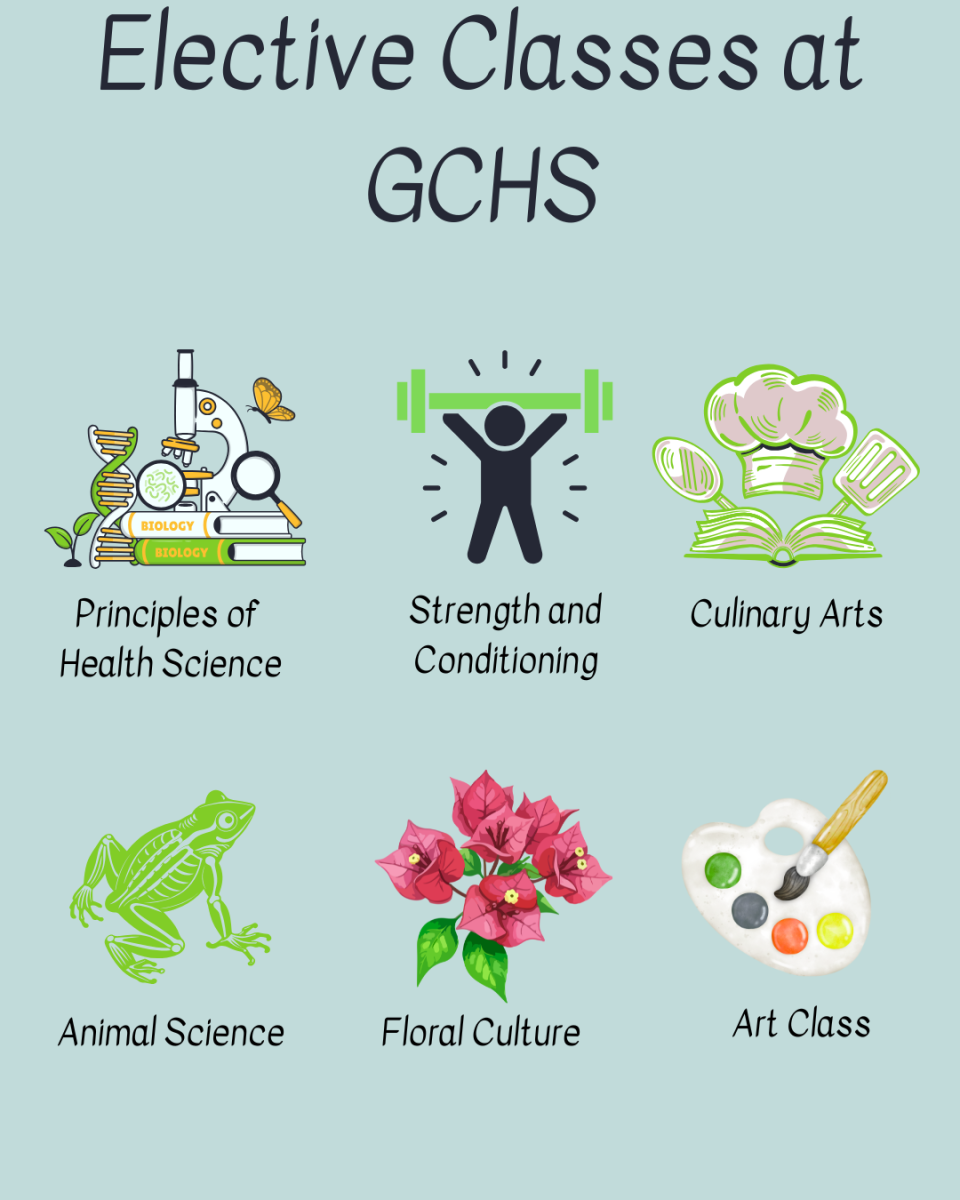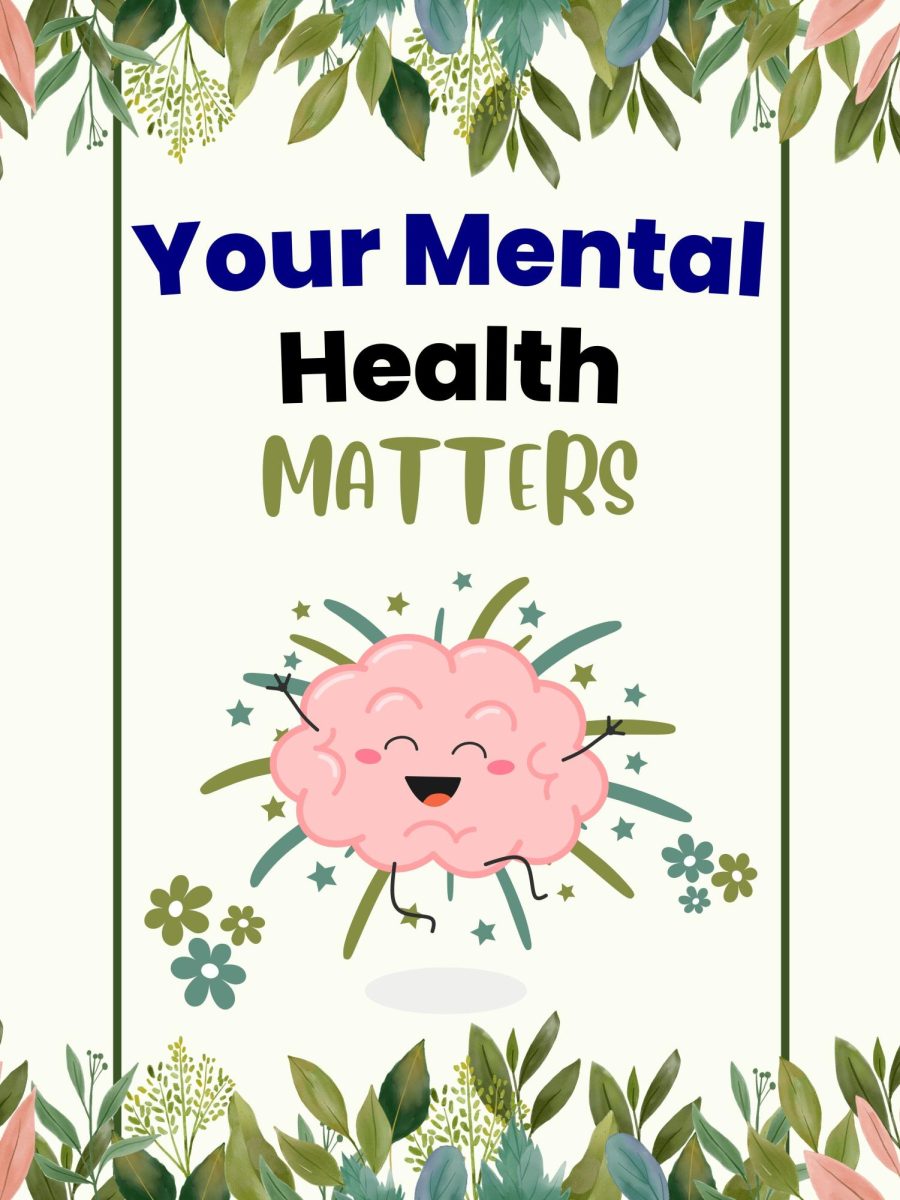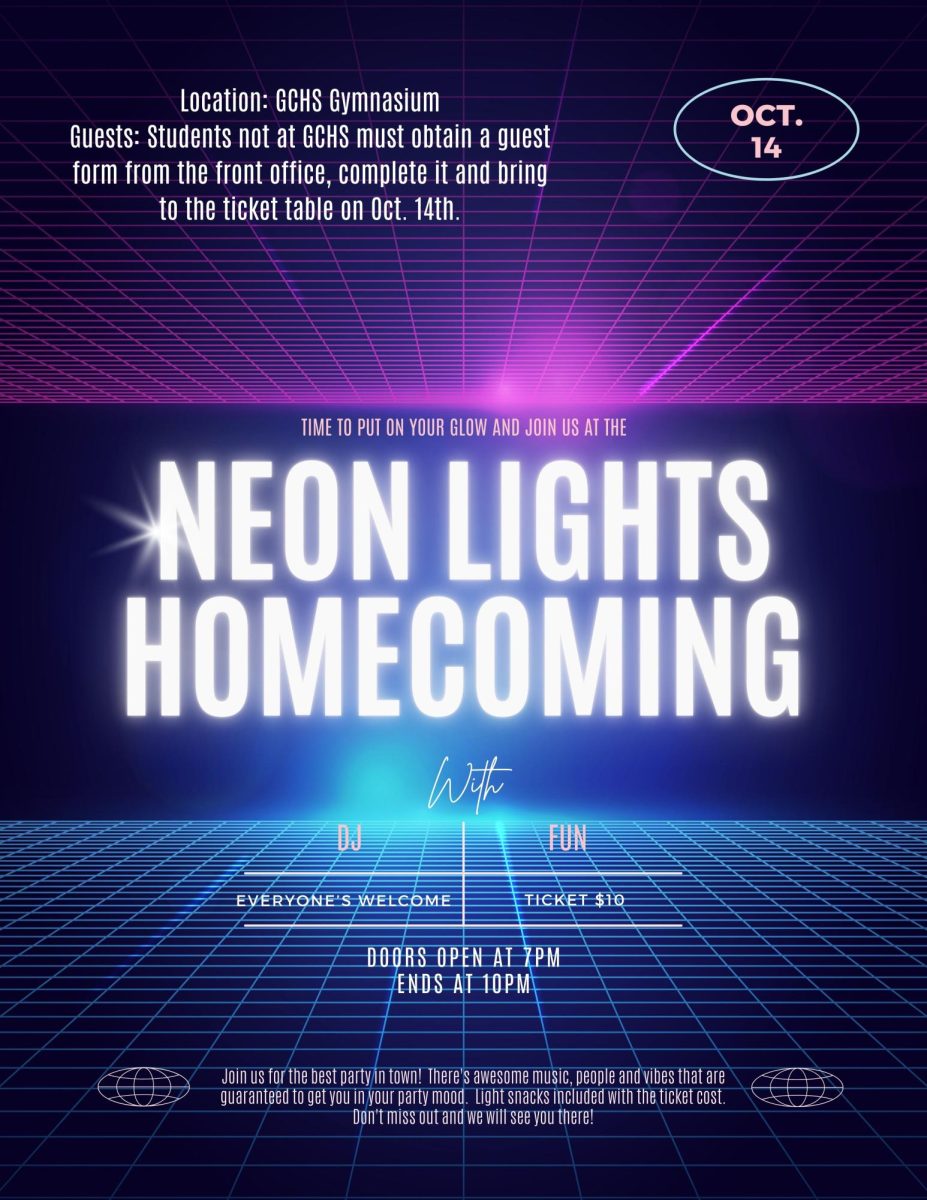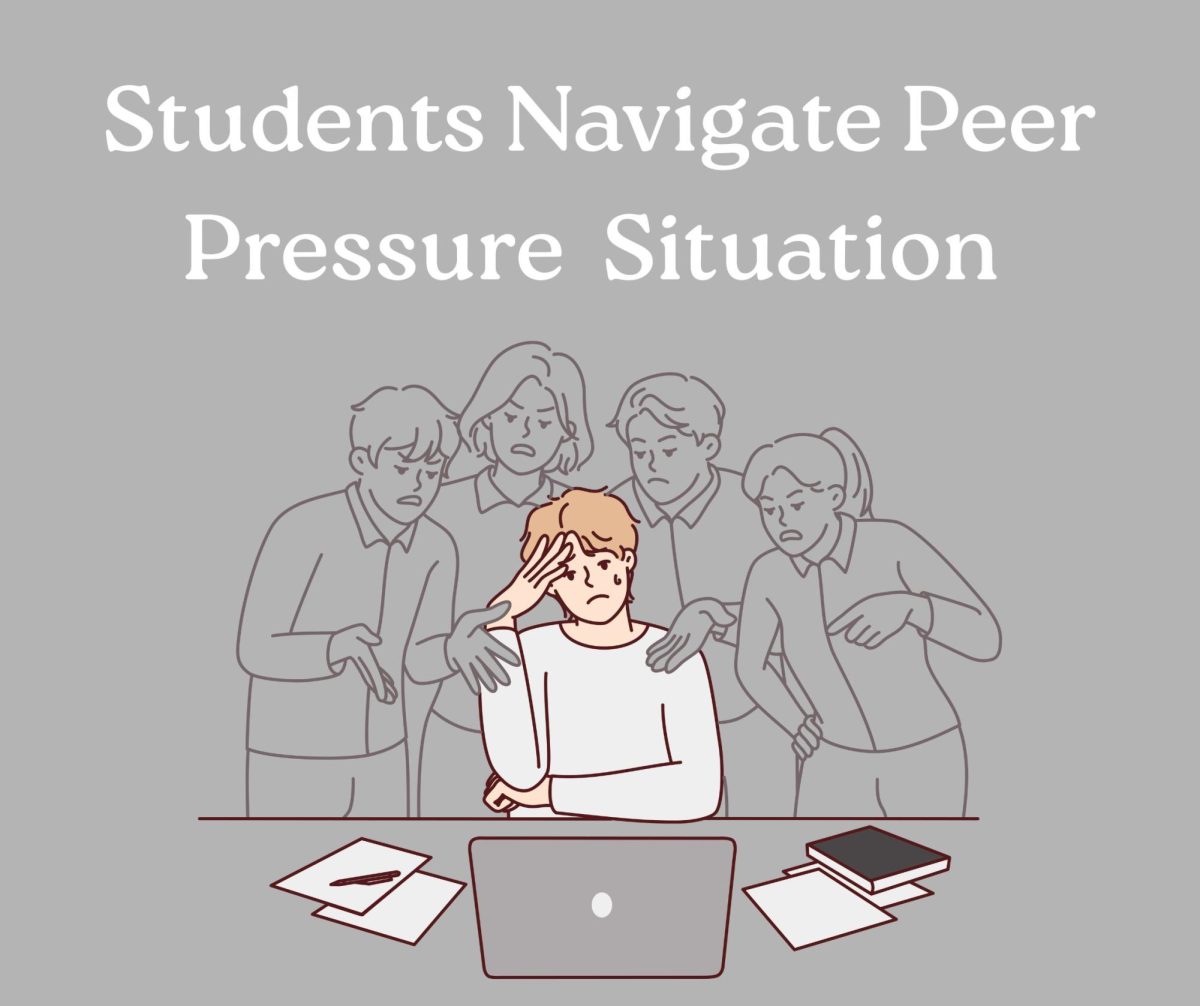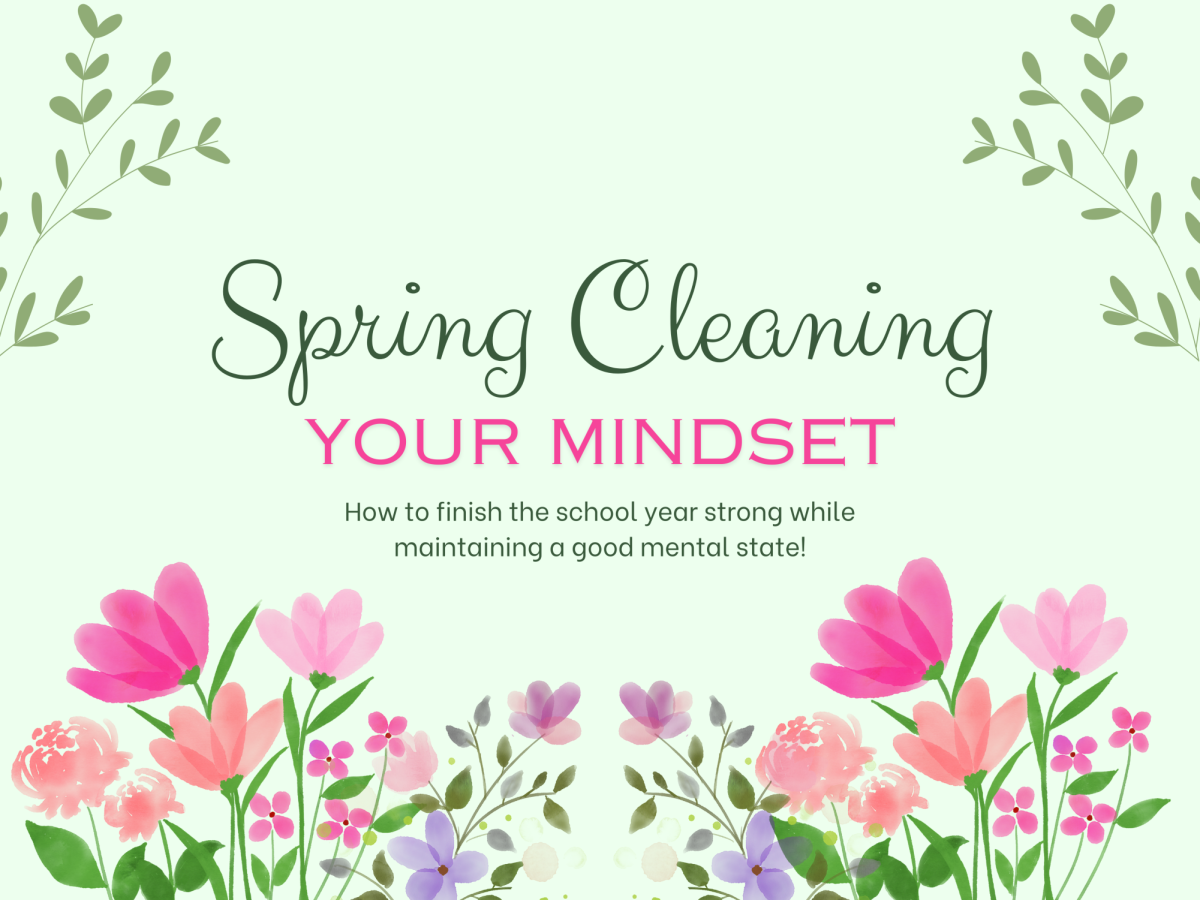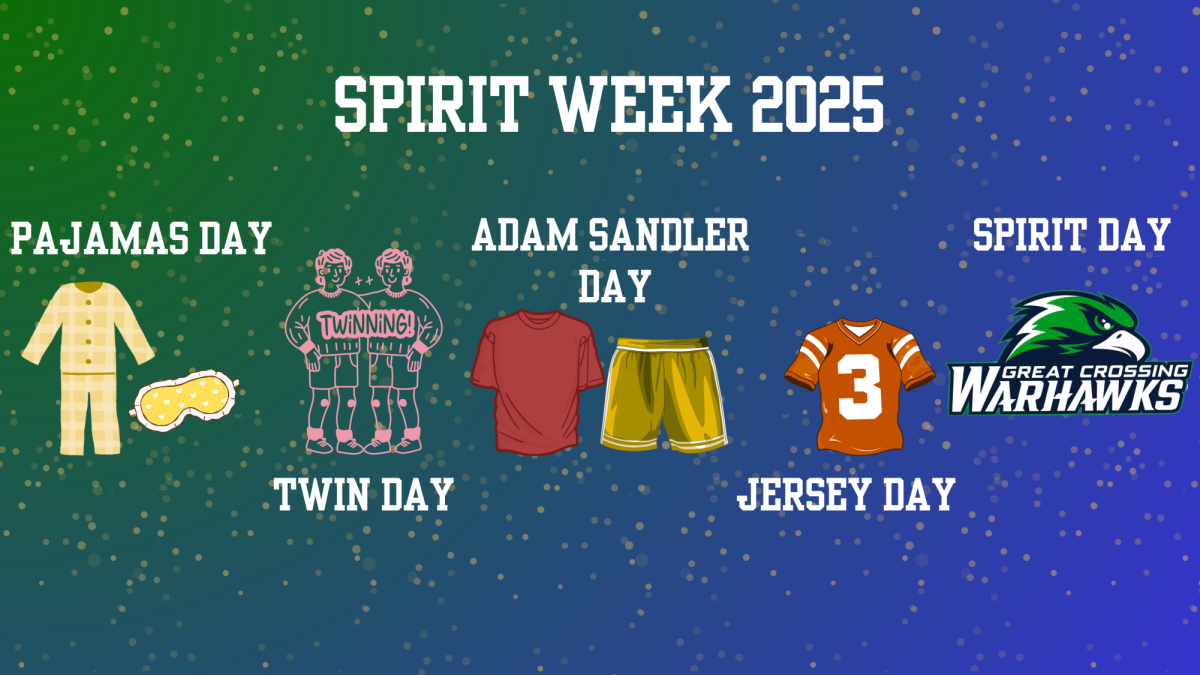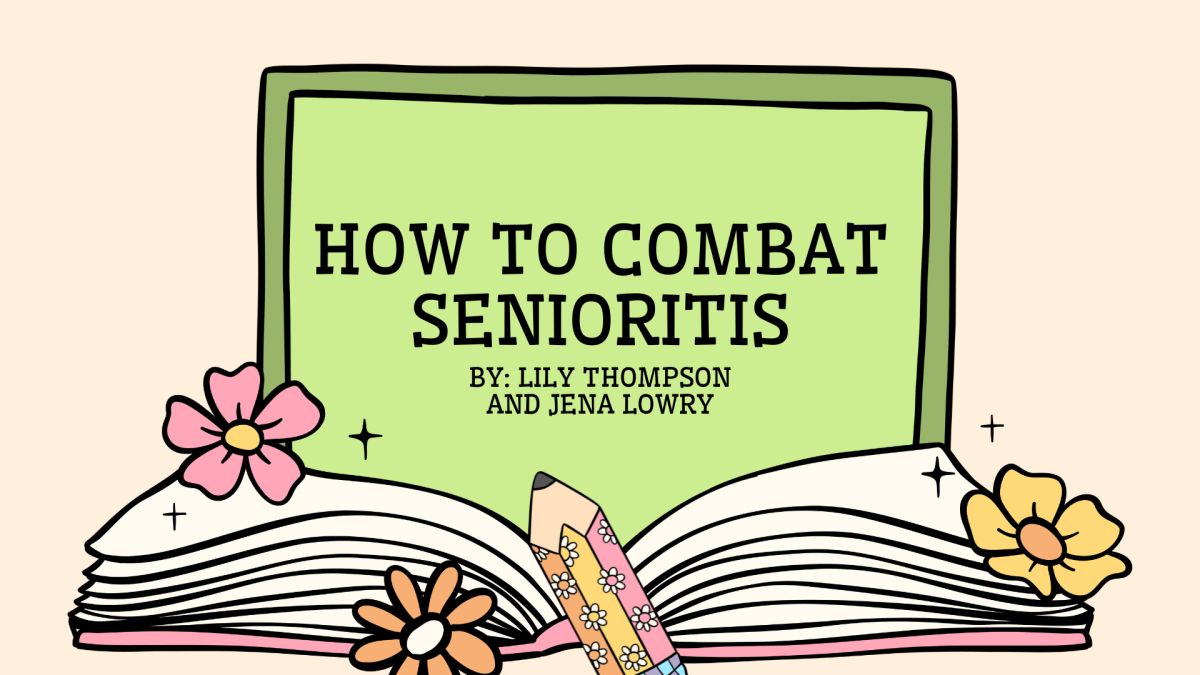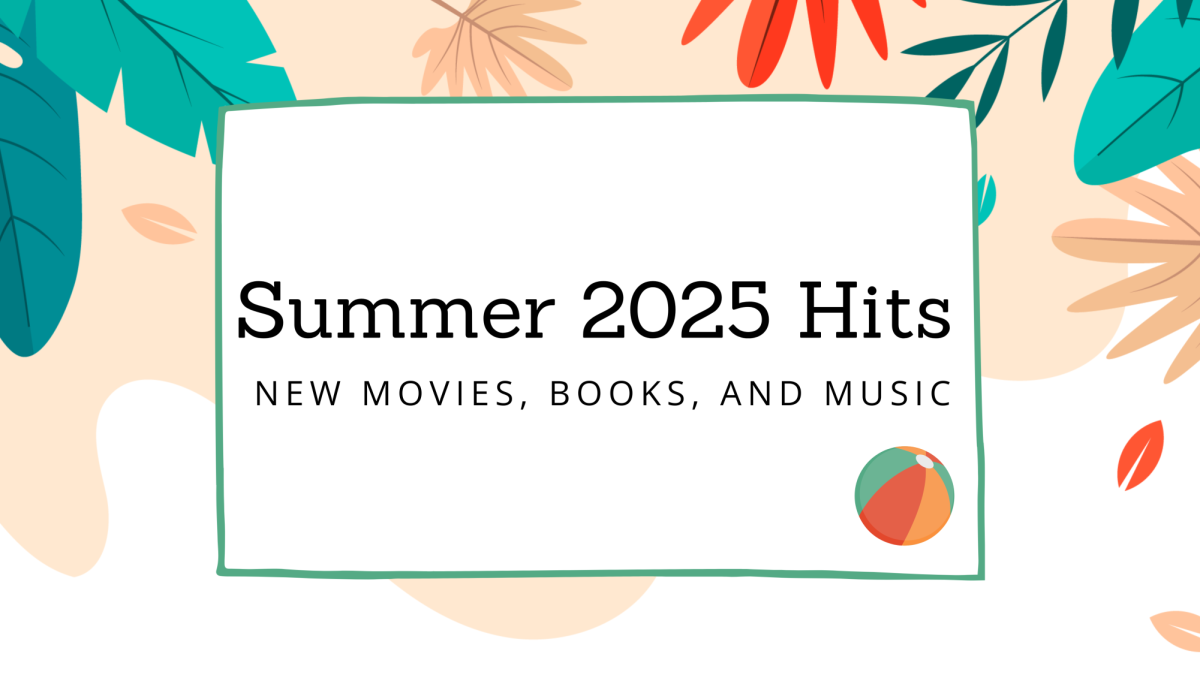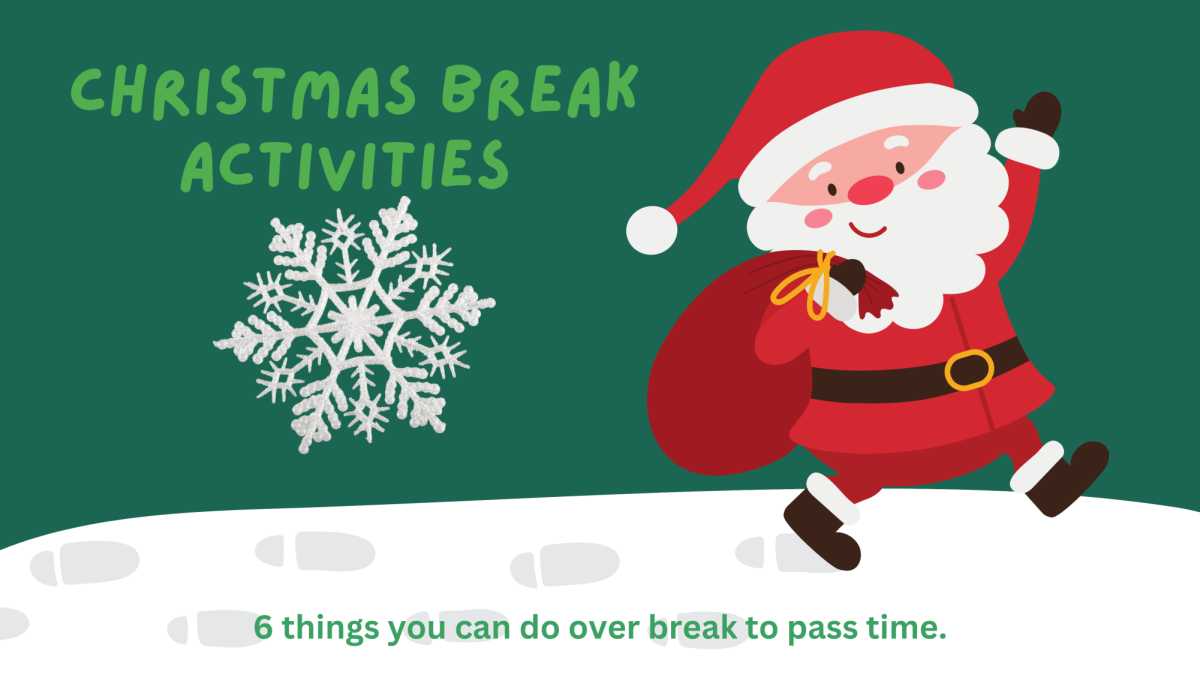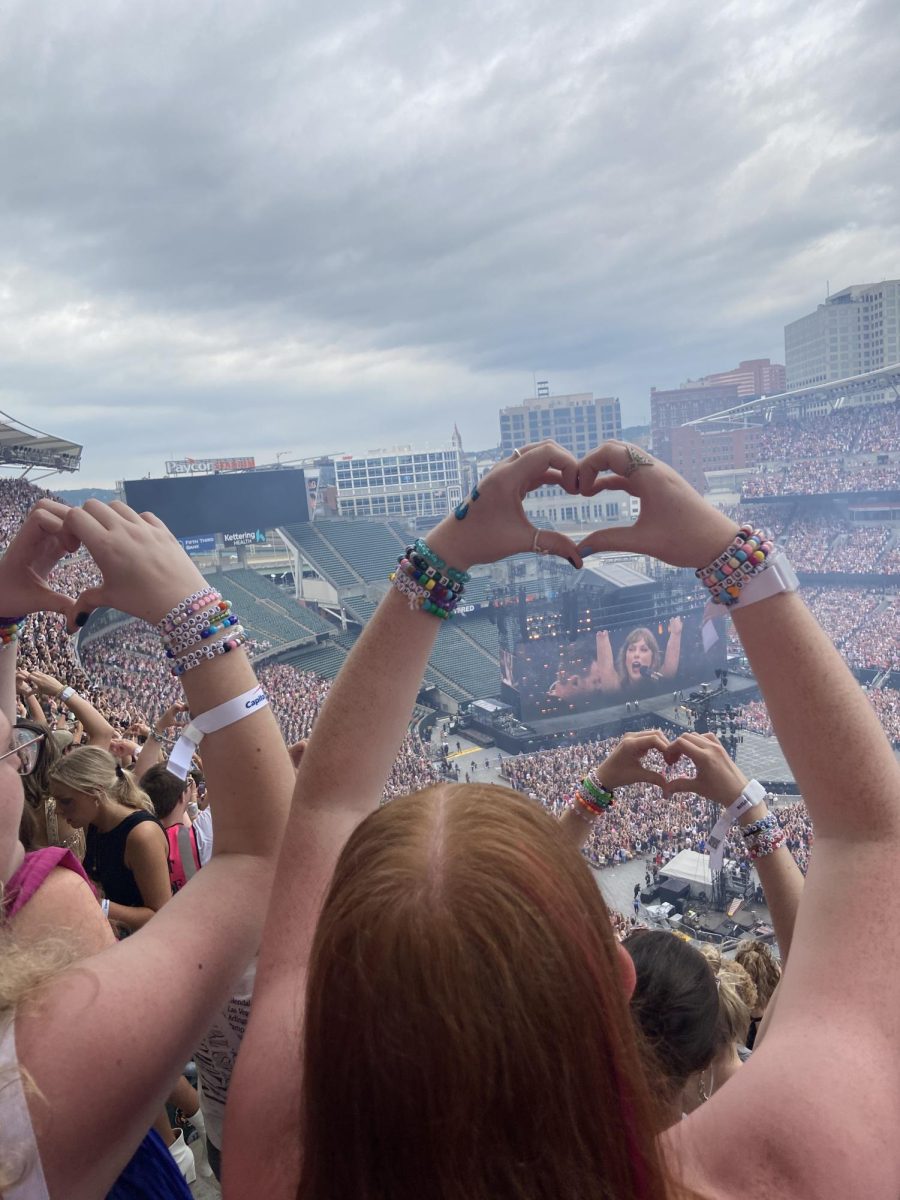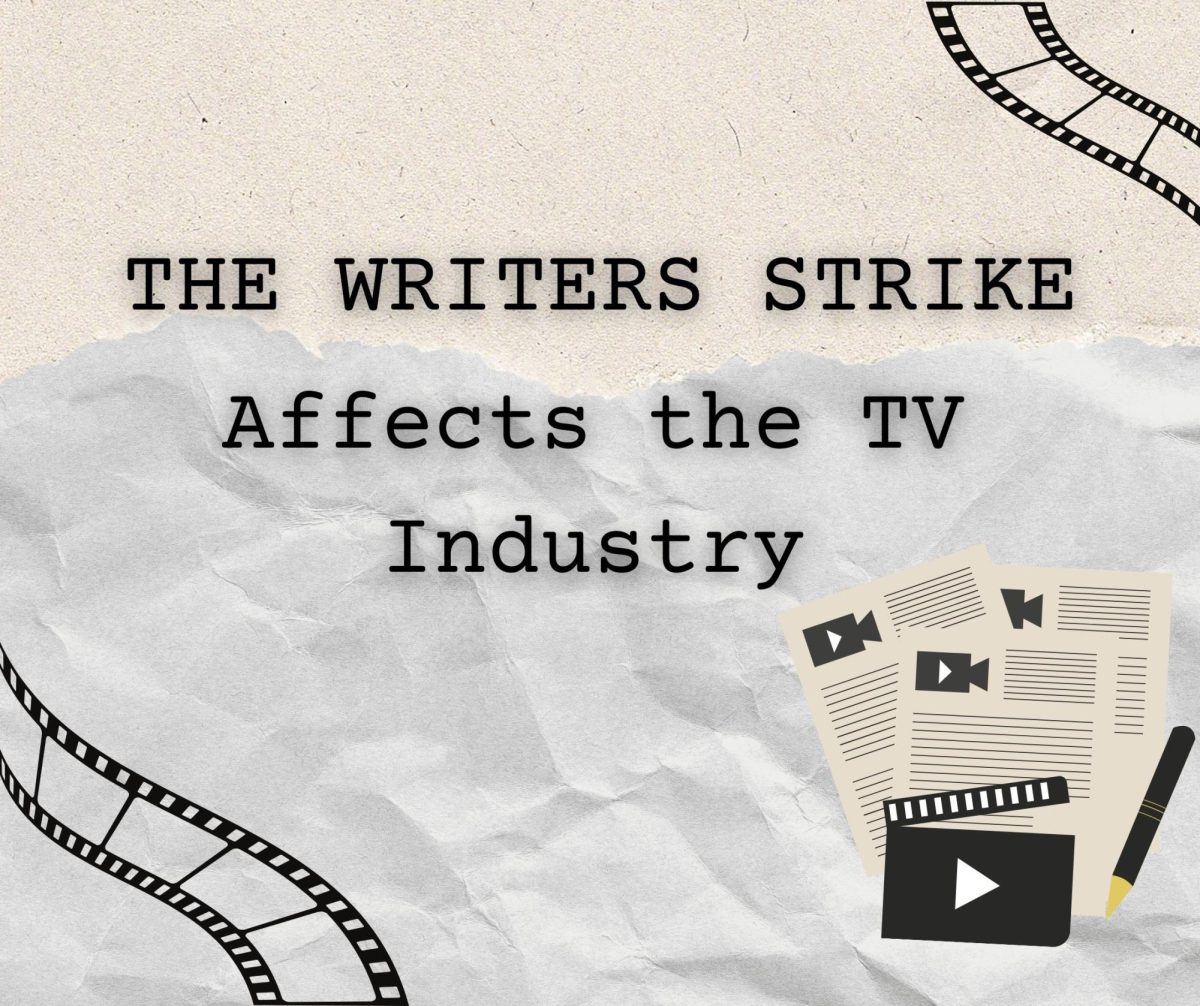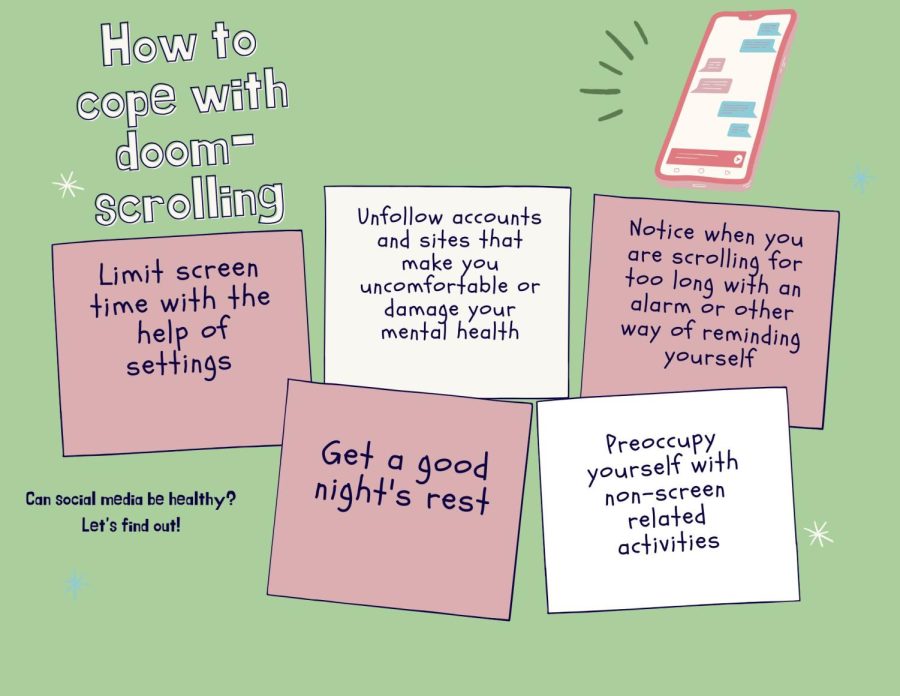Social Media Use Can Trigger Poor Mental Health
November 30, 2022
Scrolling through social media can expose you to a variety of content. It becomes a habit to scroll through posts no matter what appears. It’s called “doom-scrolling,” and it affects the mental health of teenagers, often increasing anxiety and depression.
According to an article published by Kettering Health, doom-scrolling is a form of scrolling excessively for a lengthy amount of time on social media, consuming a large amount of content that could be harmful to someone. Social media includes filtered photos that induce self-esteem issues in teens, sensitive subject matter, and the addiction that comes with all of it.
GCHS students are no stranger to social media, and many of them use it. “Like most people my age, I use social media pretty frequently. I’m active on most social media platforms,” said junior Ryan Busey.
Even when it hurts, teens continue to scroll through social media. Busey admited to doing this herself. She said, “Instagram is difficult for me to scroll through, given there are millions of posts of unnaturally beautiful women that set a false beauty expectation for girls, especially girls my age.”
Doom-scrolling can even change the way that teens think and perceive the world. It can make them constantly on edge and nervous. Sophomore Jordan Shumway confirmed this perspective. She said, “I was anxious for days after doom-scrolling; I couldn’t get it [content on social media] out of my head.”
Another harmful aspect of social media is that it can lead students to feeling burnt out or could develop a fear of missing out. “I always see people my age hanging out with their friends, going to concerts, or participating in tons of school activities. Now, I’m an involved person, but I haven’t been as involved this year, since I have to prepare for college. When I see people I consider friends doing all these fun things, I feel like I should be doing something better with my life than sitting at home with my parents or doing homework,” said senior Ellie Nelson, who deals with these struggles. “I feel like I should be going out and doing more things, like all the other seniors in my class are doing. But I stress a lot about school and I’ll do my work first. Social media exemplifies how that makes me feel and I get pretty upset about it. Don’t get me wrong, it has its perks, but it definitely has a negative impact on how my brain thinks.”
Nelson stated that she feels “unproductive” when she spends more time on social media rather than working on scholarship essays or getting ahead on homework. “Social media is a huge distraction for me, and it’s pretty hard to control the impulse to go scrolling,” she added.
It is still important to remember that social media is not an entirely harmful thing. It can be a vessel for voicing our opinions and spreading awareness about a variety of matters. Busey also stated, “Social media provides an outlet to express yourself and find people that share similar interests and lifestyles with you. Social media is great for representation, whether that’s a fitness influencer, a black influencer, or LGBTQ+ influencer. People want to feel represented. It’s nice to see someone being successful and represented on social media.”
It is possible to use social media in a more positive and healthy way. The National Alliance on Mental Illness offers suggestions for protecting your mental health while using social media. By using settings to limit time on different platforms, unfollowing sites and profiles that are unhealthy, and doing things that are not just screen-related, you may start to experience positive changes in your mental health.
“Social media is a tricky thing, because it can be both good and bad. It can be a negative influence on things like body image and self esteem,” stated Josie Falk, a junior. “I do use my social media accounts often, but I try to follow accounts that provide positive information and nothing that brings me down.”
When teens keep in mind both the positive and negative effects of their social media usage, we can start to become more responsible with it, and protect our mental health.

